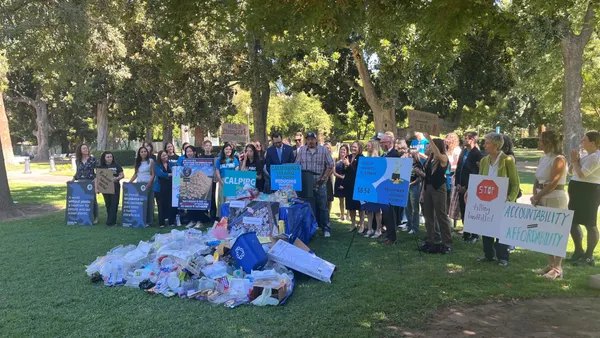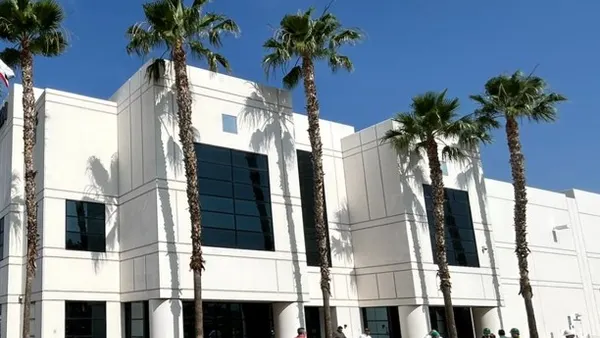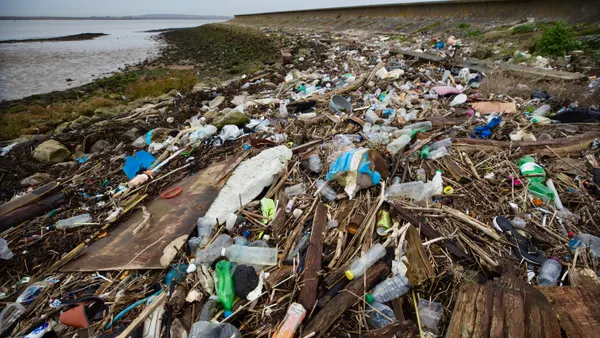Dive Brief:
- For the fourth quarter of 2016, Waste Management (WM) reported a 6.6% increase in overall revenue, 4.3% increase in core price and 2.4% increase in recycling volumes as compared to Q4 in 2015. Average commodity prices were up by 31.6%.
- CEO Jim Fish said that the majority of their recycling contracts have now been restructured to recover processing costs and charge for contamination. More "unprofitable" contracts are also projected to end this year. While commodity prices are up compared to last year, mainly due to cardboard, executives said it was too early to predict how overall prices will evolve. "Every time we've tried, we've failed," said Fish.
- Looking into 2017, the company projected internal revenue growth from volume between 1.2-1.6%. Projected revenue for the entire year was around $14 billion, in part because of no major acquisition plans like in past years. Between $100-200 million has been budgeted for tuck-in acquisitions.
Dive Insight:
Overall the company reported its best growth since 2011, with $13.6 billion in revenue for 2016. This was driven in part by positive collection yields and a 7.5% increase in landfill volumes — with C&D remaining the largest growth category. WM's shift toward a new recycling approach has been going on for months and was also reflected in its latest annual sustainability report. The company now plans to emphasize greenhouse gas reduction over weight-based metrics due to commodity shifts and changes in the waste stream.
While the company doesn't have any major acquisition plans it will still be busy moving into 2017. Capital expenditures are budgeted between $1.4-1.5 billion for a variety of projects, including the new Los Angeles franchise contract that will begin this summer. Multiple leachate treatment projects are also in the works as well as landfill gas recovery projects, such as one that was recently announced in Louisville.
Despite all of these plans some analysts noted that WM's projections on commodity prices, and resulting revenues, appeared conservative based on current growth. This wasn't directly disputed, but Fish noted that with about 30% of the company's recyclable material currently being exported to China amid other factors they aren't willing to take any chances.
"...While you may say it's conservative and we might even agree with that, I think we've got to make sure that we don't get ourselves in a bind the way we have in years past," he said.










